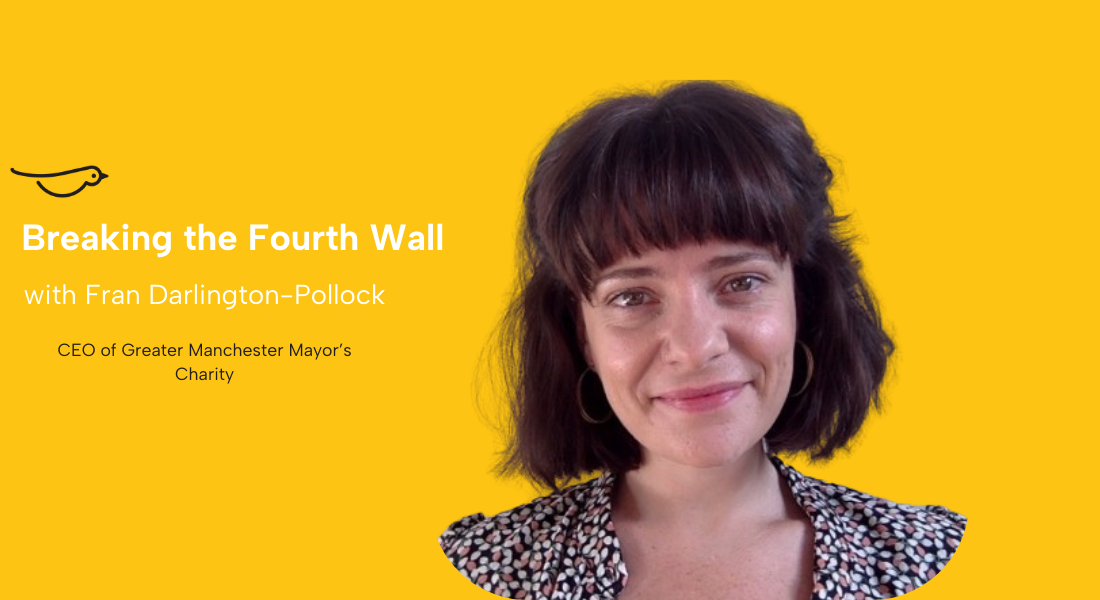A s a PR professional by day, who is also a budding counsellor by night, I am in the business of people. Quite frankly, I love them (mostly)! With these two very different, yet similar careers, I have gained some interesting insights into the human mind. Since sharing is caring, I took it upon myself to look at my day job with my counsellor hat on — especially when it comes to the (sometimes complicated) relationship between PRs and journalists. So, please take a seat, everything you read is definitely not confidential.
Hacks (journos) and flacks (PR pros) need each other really, but rarely does anyone want to admit it. With editorial teams shrinking due to the decline of the print media, and journalists being confronted with the fact that everyone, including your grandmother, consider themselves to be a writer, their soul is crying out for some TLC. And who better to provide it (and provide some extremely thoughtful content) than your friendly PR specialist? We are going to say it first: We need you, journalists of this world! How can we make this relationship work?
Carl Rogers, that’s how. Rogers shot to fame in the 1940s with his radically new, person-centred approach to therapy. He believed that three core conditions had to be in place for a therapeutic relationship to be effective.
Let me show you how to use these core conditions to improve your relationship with a journalist of your choosing:
Unconditional Positive Regard (UPR)
UPR is a misunderstood concept, so let’s be clear about one thing – no, you don’t need to like each other. What you do need to do is accept one another as you are, late email responses and missed deadlines. Do not judge each other. Perhaps the other person just doesn’t know a good thing when they see it (probably attachment issues, but that’s for another time).
Instead, accept the other person’s humanity wholly without evaluating their professionalism. When you are able to fully ‘see’ a person, and appreciate their ‘humanness’, you are already one step further to making this relationship a fruitful one.
You see, UPR plays into the belief that we as people are striving to better ourselves, even though ‘better’ means different things to different people; you ought to give each other some credit – everybody is just trying to live their best life, so respect that. Even if you don’t agree, or the journalist refuses to publish your client’s comments (which you wrote specifically for them) or the PR sending you yet another bla-bla press release, it is their choice. Good for them. You should UPR them, anyways.
Empathy
Not to be mistaken with sympathy, empathy is the ability to step into another person’s frame of reference, and understand/feel what they are currently experiencing. Basically, put yourself in each other’s shoes. Are they worn out from all the rushing around frantically to source great stories? Are their feet sore from running away from a looming deadline?
Feel their pain (you have more in common than you think!). But instead of letting it drag you down, use it to gain a better understanding of what it entails to be a stressed, hard working person in the media and comms biz. Use your new-found empathy for the greater good and ask yourself, what can I do to help the other person?
Can I provide last-minute content to fill that empty page that looks like an abyss leading directly to the door of the job centre? Can I just publish that article the PR intern called five times to chase-up on? Yes, I can, and I absolutely will! Empathy is great!
Congruence
Congruence is a thing of beauty. In geometry, congruence is achieved when two figures have the same shape and size, or are the mirror image of each other. In psychology it is practically the same – your internal experience is reflected in your outward behaviour. Being congruent could be described as being genuine or authentic.
This certainly doesn’t mean that, if you are annoyed, you should send irate emails or shout down the phone because a journalist didn’t attend the briefing you arranged, or if a PR missed your editorial deadline (because… well you know, UPR). But you should acknowledge your feelings and let them calmly know that you are disappointed. But of course, you also hope you can work together in the future. Then, by all means, work your way angrily through a bottle of wine with your industry pals, because you’re authentically your wine-liking self.
You see, when hacks and flacks engage with each other, congruence only needs to happen at a minimal level, because you don’t want to scare or alienate the other person. But always be clear what you can (genuinely) offer and what you expect in return.
Nothing beats an open and honest conversation to remove the murky impression one might (rightfully?) have of the other. . Because really, when we do work together to reach the same goal (also see, Clarkson’s ‘Working Alliance’) both have a much better time, and achieve better outcomes.
Share this:





